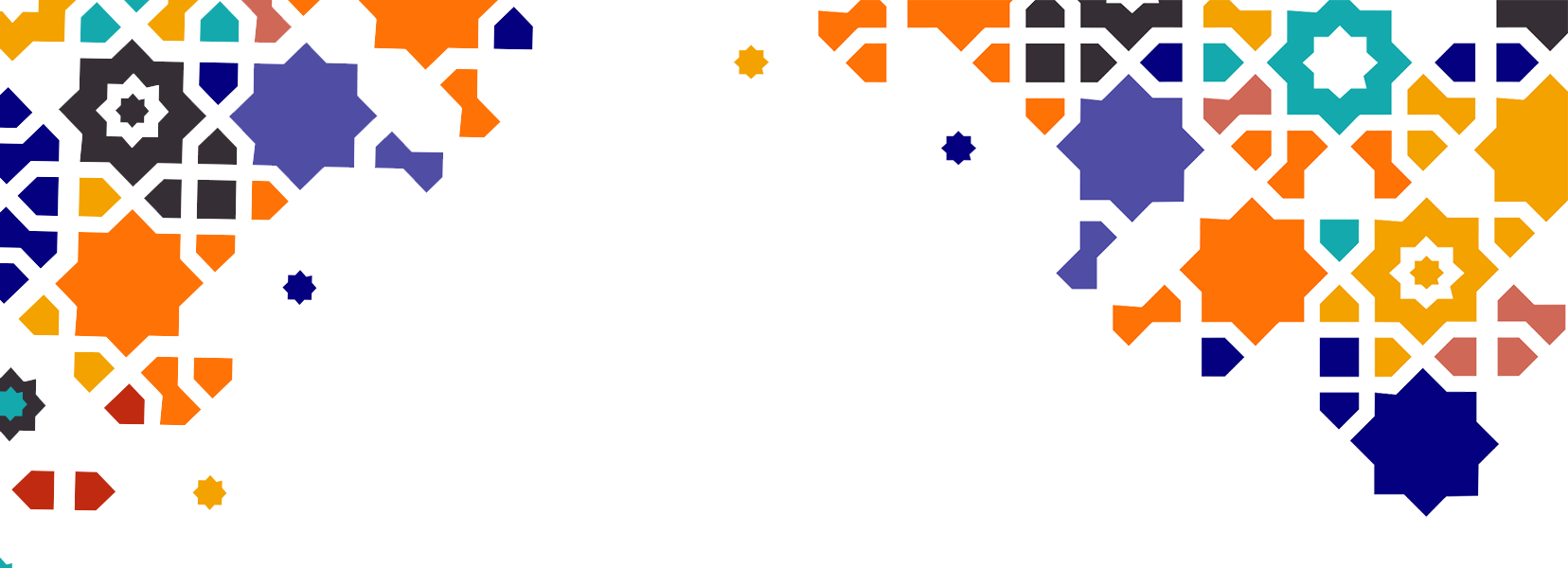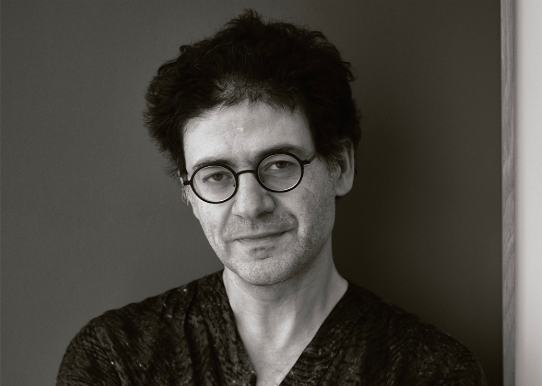
Wajdi Mouawad, passionate and activist Lebanese playwright

The deep influence of exile
Mouawad's work is intimately linked to his childhood and deeply influenced by his difficult experience of exile. His plays often feature characters in identity crisis, marked by personal and historical trauma. Works such as Incendies (2003), adapted for the screen by Denis Villeneuve, and Seuls (2008) explore these themes with remarkable intensity. Mouawad's writing reflects an intimate pain and a profound questioning of identity and belonging. For example, in Visage retrouvé and Seuls, the protagonists are alter egos of the author, struggling to reconcile their childhood memories with their uprooted adult reality. These characters try to patch up the cracks in their identity shattered by exile, seeking to regain a sense of fulfillment they lost when they left their homeland.
Art for unity
Mouawad uses his art to address issues of social justice and historical memory. He also criticizes conflicts and political divisions, seeking to build bridges between cultures and peoples. For example, in 2017, his play Tous des oiseaux provoked controversy due to the participation of Israeli actors and partial funding by the Israeli embassy in Paris. This controversy is exacerbated by geopolitical tensions between Israel and Lebanon. Mouawad nevertheless defends the importance of intercultural dialogue and mutual understanding, despite criticism and threats.
A few days ago, Mouawad once again found himself at the heart of a political controversy with his play Journée de noces chez les Cromagnons. Originally scheduled to be performed in Beirut, the play had to be cancelled due to threats and pressure linked to its alleged proximity to Israel. This situation is not exceptional and reflects the persistent tensions and divisions within the Lebanese artistic world, greatly exacerbated by the current geopolitical context.

Despite this new challenge, Wajdi Mouawad is not giving up. Determined to make his voice and those of his characters heard, he fights to ensure that Journée de noces chez les Cromagnons can be broadcast. Mouawad found an invaluable ally in Josyane Boulos, director of Théâtre Le Monnot, who courageously reported on the pressure and threats her team had been subjected to. Together, they are working to find solutions, including mobilizing a network, so that the play can be presented to the Lebanese public, even if this means considering alternatives such as online broadcasts or performances in less exposed venues.
Hope and resilience
For Mouawad, this fight is more than just a battle for the distribution of his play: it's a struggle for freedom of expression, justice and human dignity. He sees the current challenges as an opportunity to strengthen solidarity within the artistic community, and to recall the importance of art as a vehicle for social change and intercultural dialogue. Despite threats and pressure, Mouawad remains true to his convictions and resolutely declares:
"I will continue to speak about this land that I love and this war that I don't love. That's my role."
His commitment inspires not only his colleagues and friends, but also a growing public that recognizes the importance of thinking about a future other than the one of conflict. Through his works and actions, Wajdi Mouawad demonstrates that art can and must be a space for resistance, reflection and reconciliation. His determination to make his voice heard, and that of those he represents, is a powerful reminder of art's ability to transcend barriers and build bridges between cultures and peoples.
Sources :
https://leclaireur.fnac.com/article/38465-wajdi-mouawad-le-theatre-comme-terre-dexil/
https://revuepostures.com/fr/articles/gareau-12

